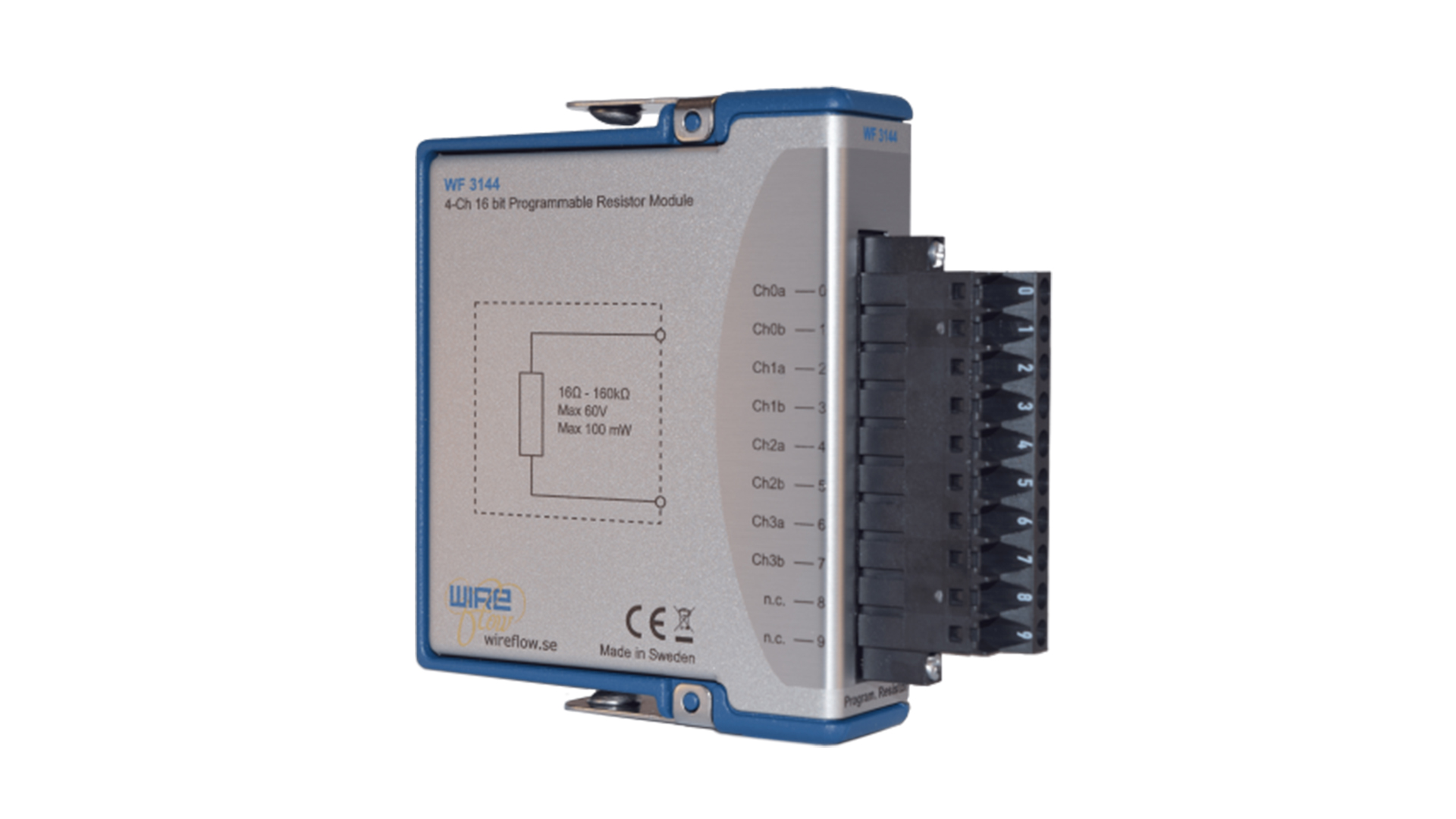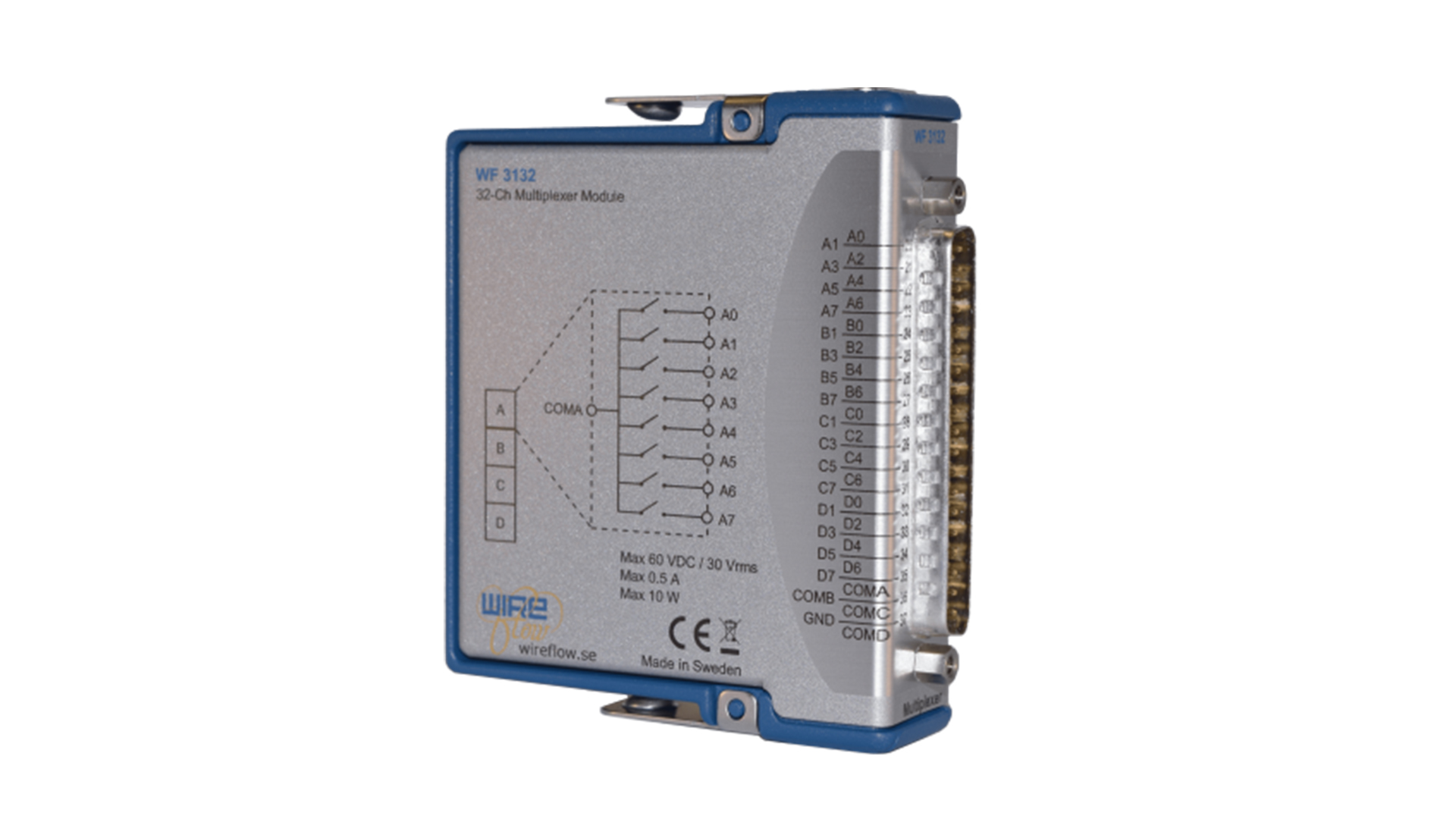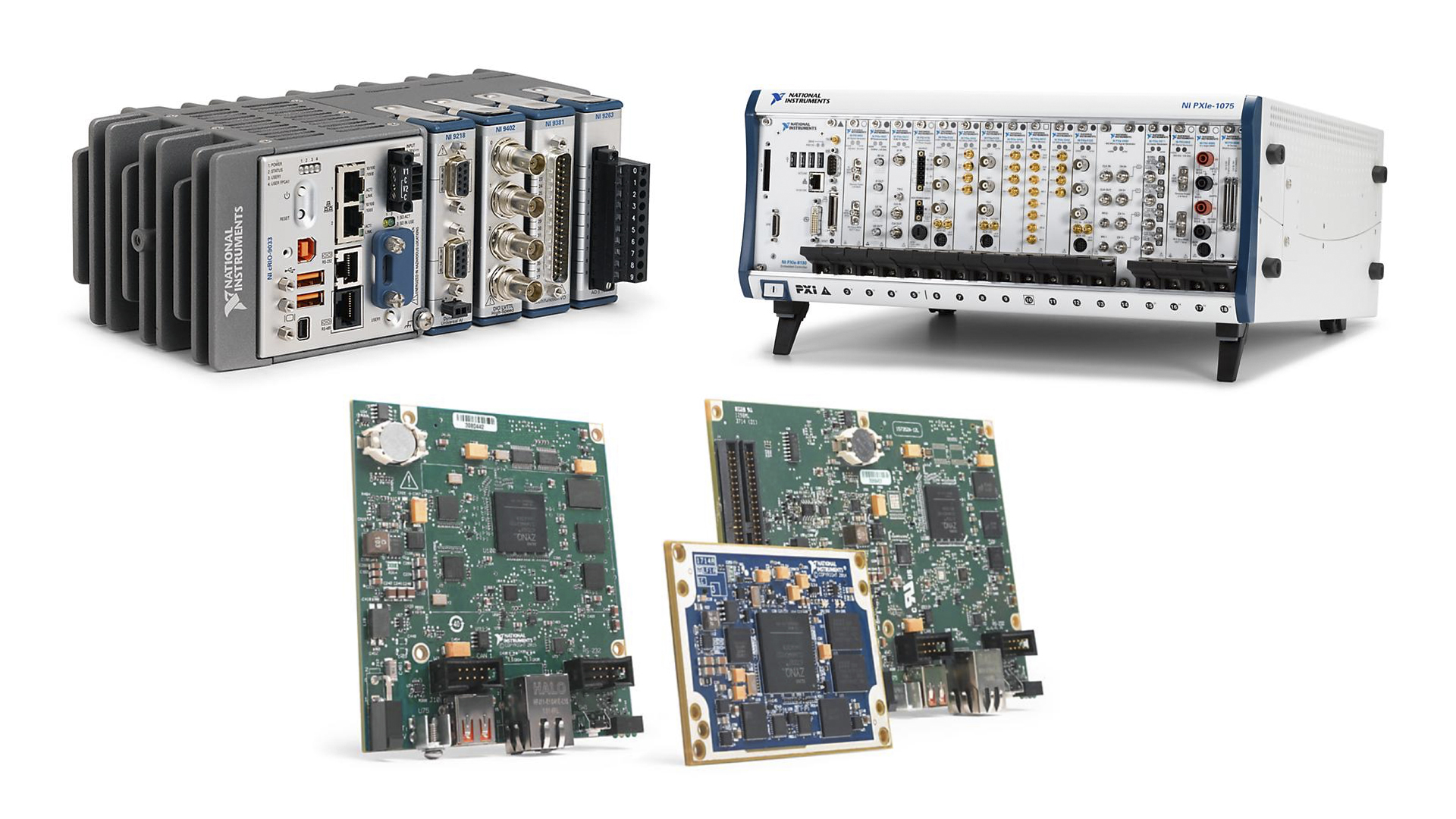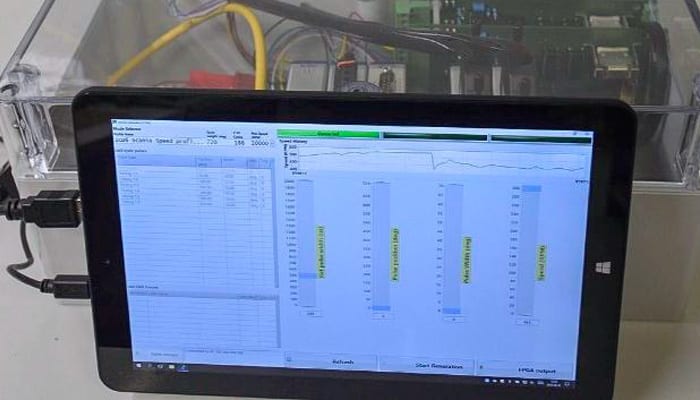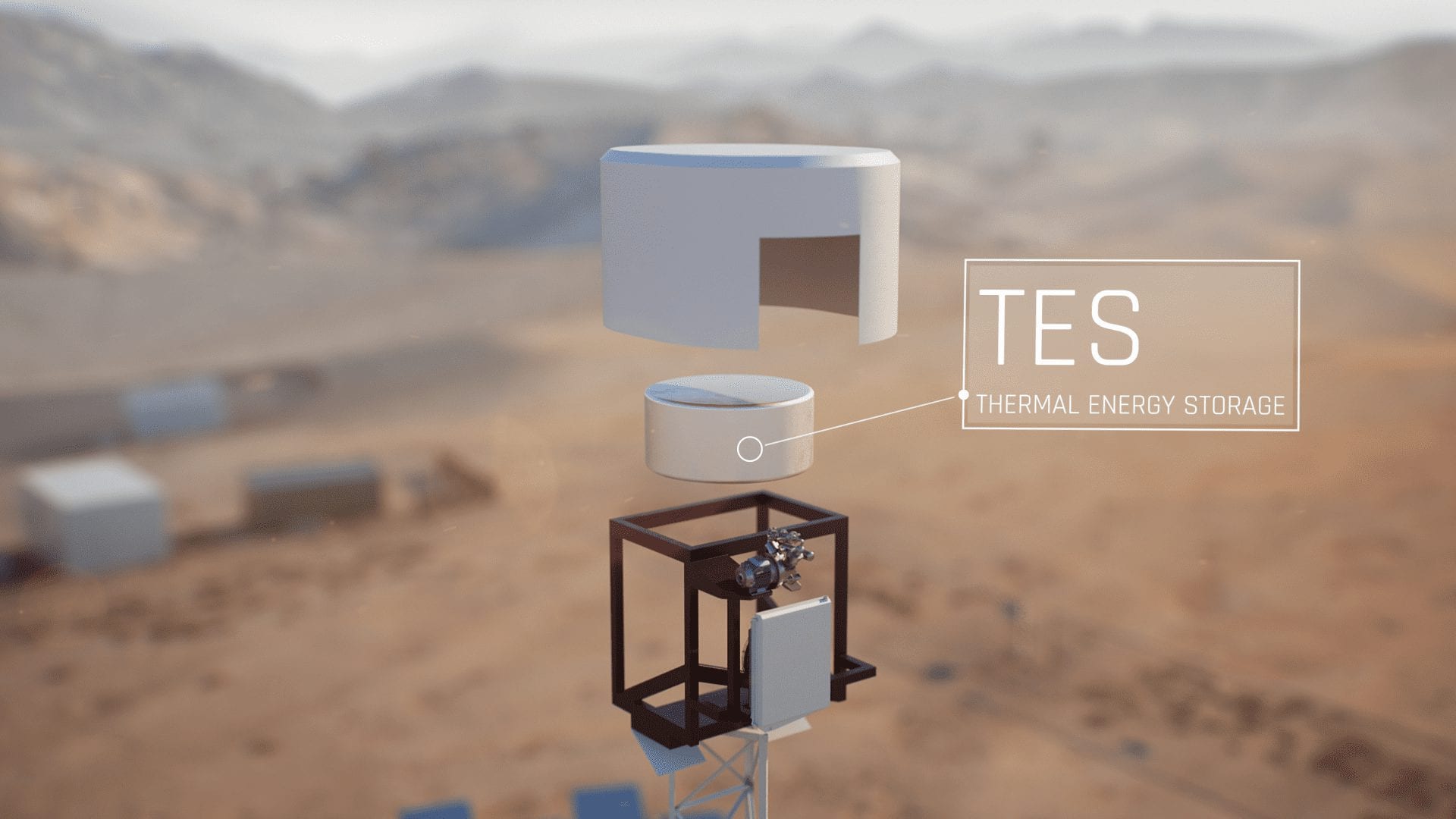
Advanced Sensor simulation
PBC testing
Advanced sensor simulation
Battery test and measurement
Do you want to know more about Advanced Sensor simulation? Please contact us at info@wireflow.com
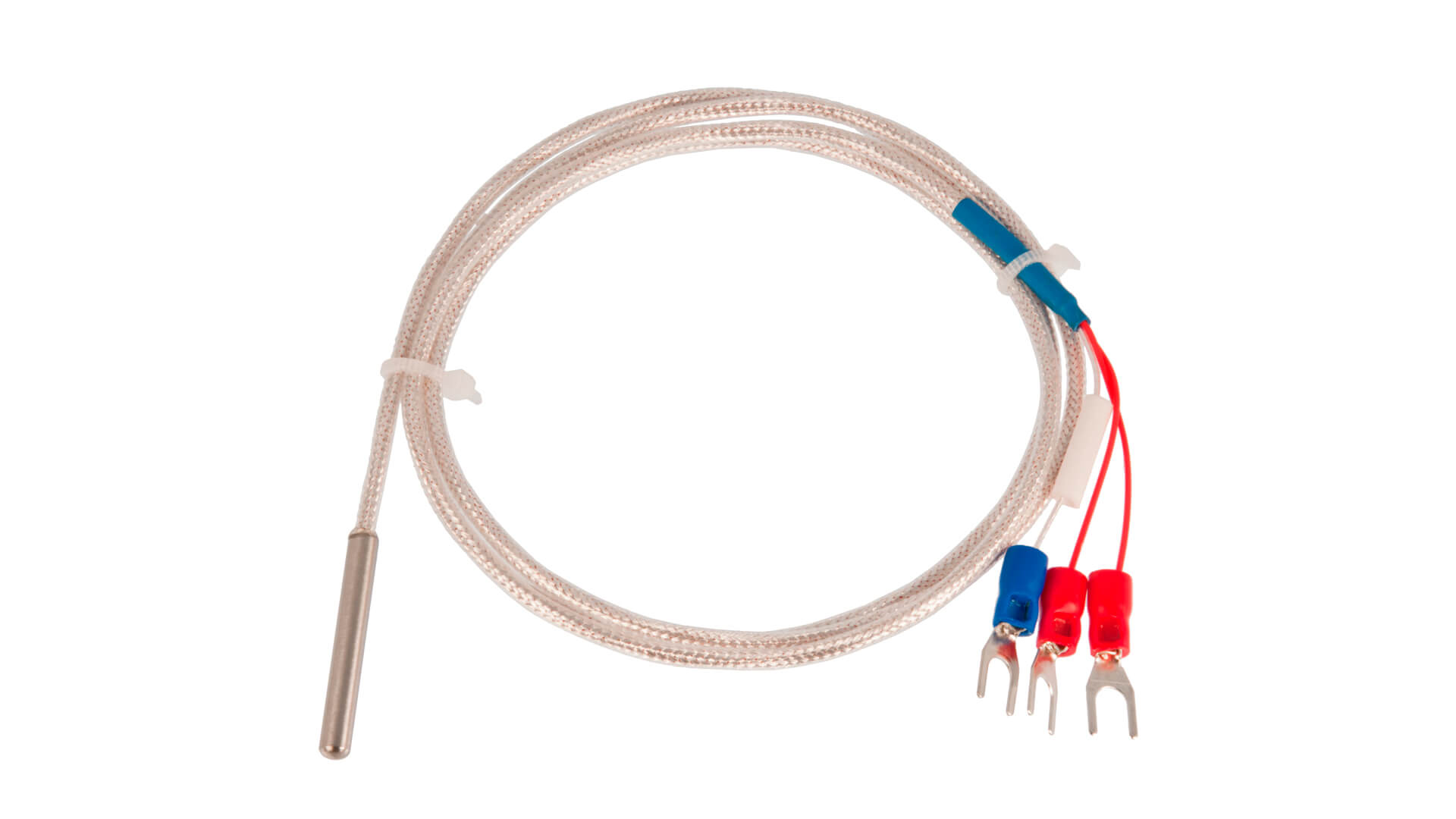
A three wire PT100 RTD sensor
Various types of sensors
Many electronic devices use various types of sensors to collect information about their environment. They can be temperature sensors, motion sensors, ultrasonic sensors, proximity sensors etc. Basically, all sensors can be classified into either analog or digital sensors. A typical analog sensor is an RTD (Resistance Temperature Detector) whose resistance varies as temperature changes. Another example is a strain gauge load cell, whose resistance increases with increasing force.
A digital sensor can be a complex device with built-in signal processing that can provide digital sensor data and diagnostics on high-speed serial data bus. One example is a rotational speed sensor that provides both speed, direction, and diagnostic information.
Working under all conditions
When developing and testing an electronic device that uses one or more sensors, usually the engineer needs to connect the real sensors to the device under test, to verify that it performs as expected. To facilitate this type of testing, it is an advantage to have simulated sensors that can emulate any input value of the sensors as well as electrical errors.
To be able to automate the test procedures, it is required that the sensor simulator can be controlled programmatically. Having this possibility, the test engineer can create powerful test software that can replay complex test scenarios to make sure the device under test works as expected under all conditions.
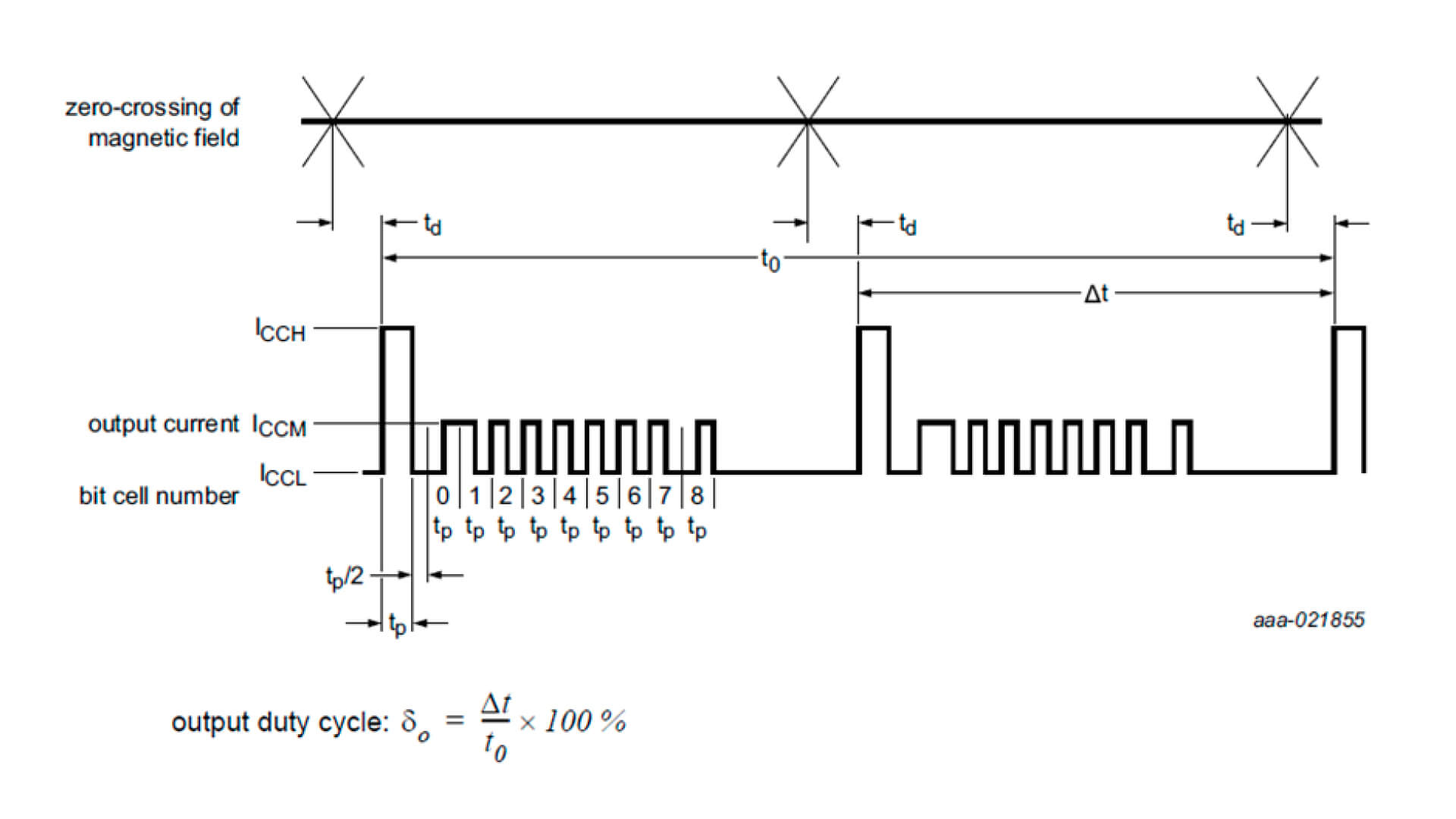
Output signal from a digital rotational speed sensor.
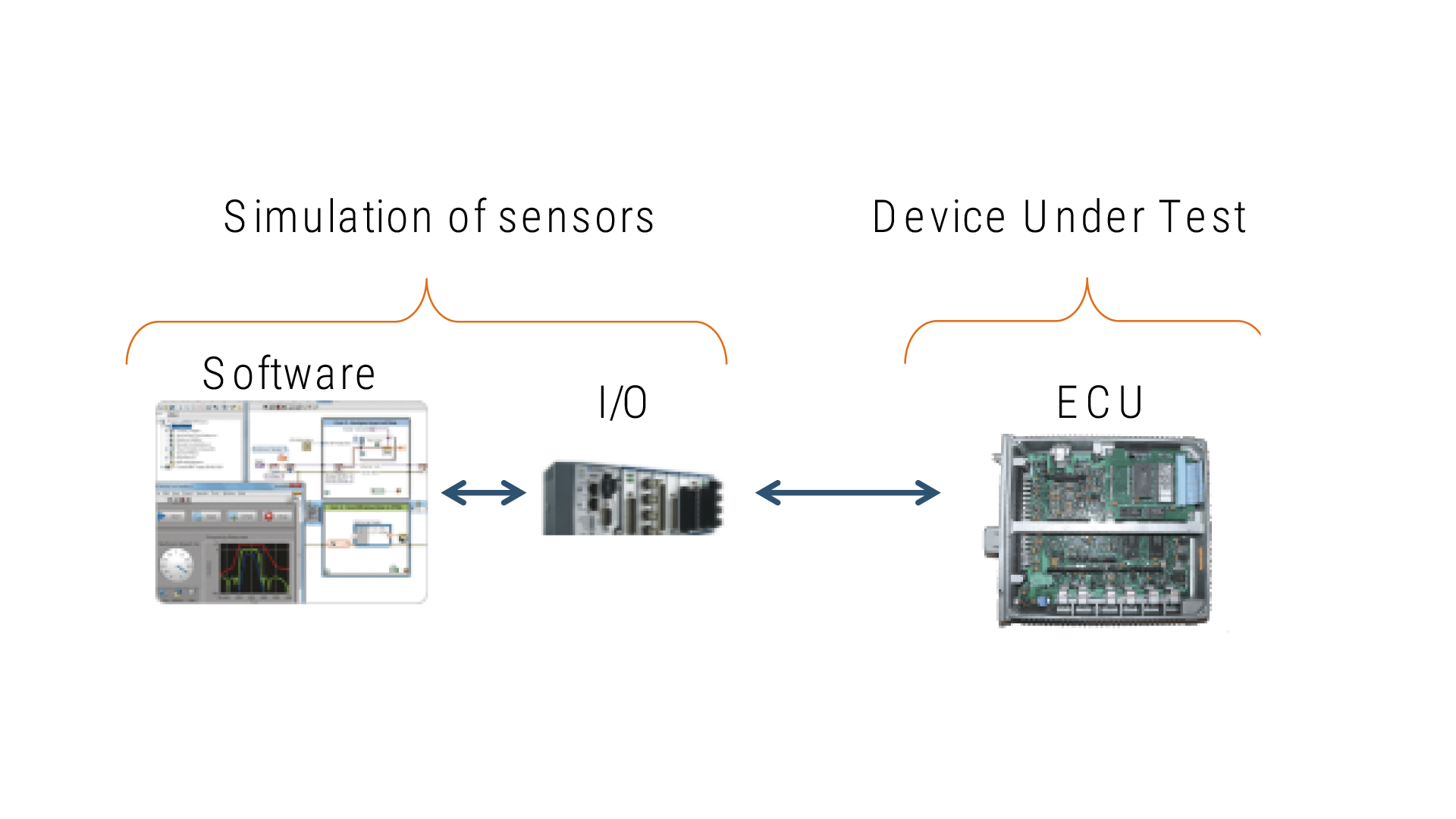
A typical test setup with software controlled simulated sensors
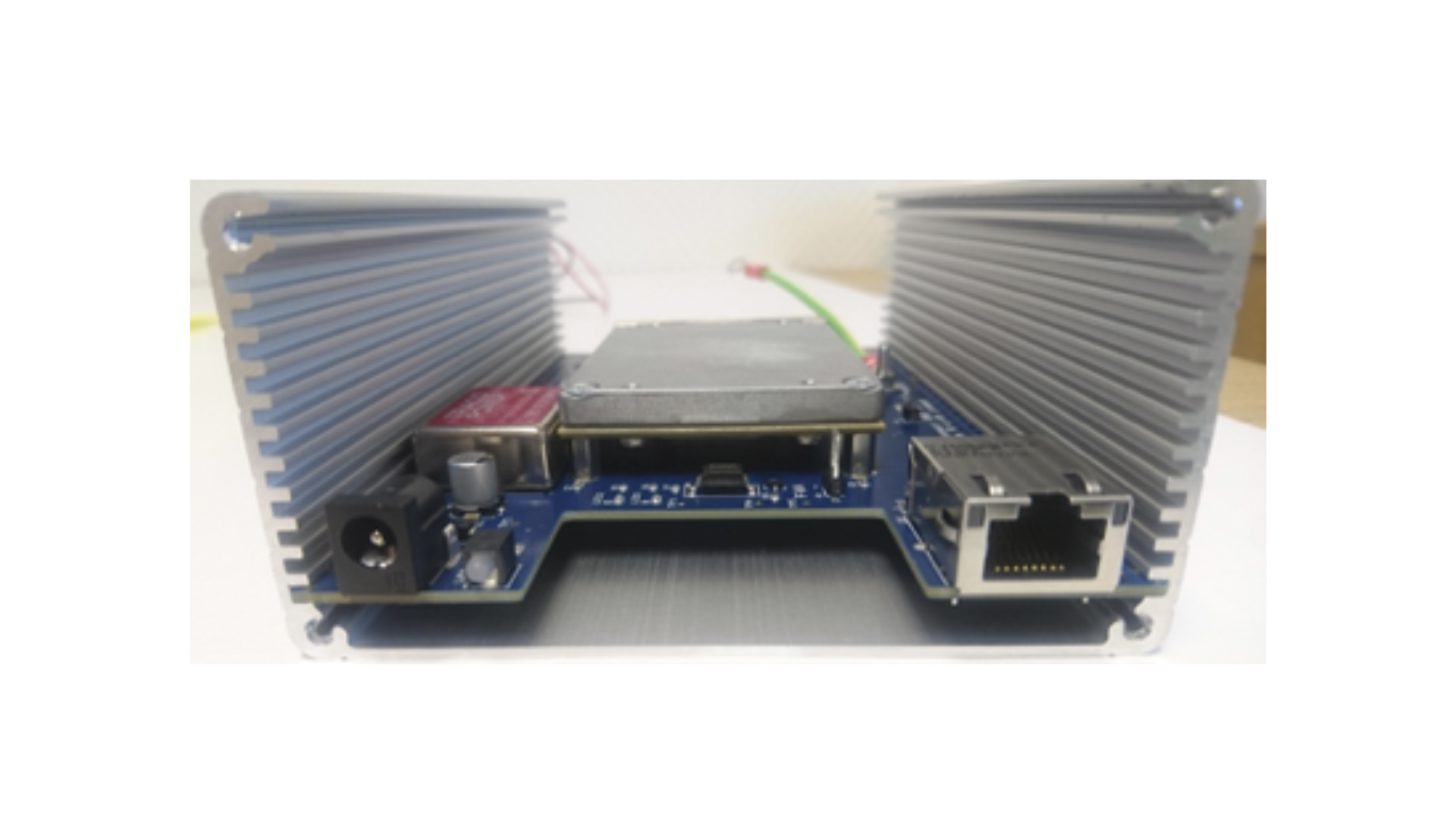
Advanced sensor simulation built on the NI sbRIO platform.
NI RIO Platform
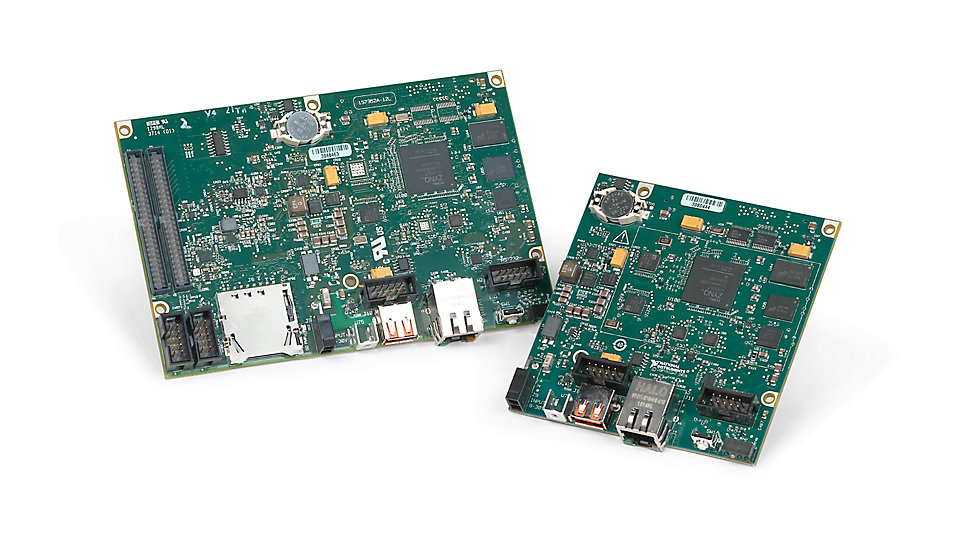
WF Advanced Sensor Simulation
NI RIO Platform
The RIO platform from NI is a Reconfigurable I/O architecture that consists of a user-programmable FPGA, often combined with a real-time processor to implement a complete system. Both the FPGA and processor are programmable using the same language, LabVIEW.
The platform includes CompactRIO Controllers for rugged industrial applications, single-board RIO Controllers for embedded applications and FlexRIO Controllers for the highest performance.
Building blocks
Read the case studies below about some of the projects that we have carried out in the past
CASE | WireFlow Custom Electronics
Sensor Simulation for ADAS Testing
Advanced Driver-Assistance Systems (ADAS) are introducing new challenges for the automotive industry. To verify that ADAS functions are safe before being used on the road, extensive testing must be performed in lab environment. WireFlow was contacted by a world leading car manufacturer to investigate the possibility to simulate multiple parallel IMUs over high speed Serial Peripheral Interfaces (SPI). By using National Instruments CompactRIO System on Module (SOM) together with LabVIEW FPGA, WireFlow was able to develop such an IMU simulator.
CASE | WireFlow
High-Speed Stimuli Generator for Engine Ignition systems
SEM is one of the world’s leading producers of electronic ignition systems and engine control systems. WireFlow created a system that allows the technicians at SEM to select predefined engine cycles using a touch-screen.
CASE | WireFlow Consulting
Radar test and verification solution based on FlexRIO and LabVIEW FPGA
CASE | WireFlow Consulting
Extending the capability of VeriStand with a “Custom Device”
A Wireflow customer, working in the automotive segment, wanted the possibility to stream UDP-data in both directions between the VeriStand-system and the remote devices. This meant that they needed support for this in their VeriStand platform, and they turned to WireFlow for help.
CASE | WireFlow Integration Services
ECU Prototype Test System for Thermal Power Control
Azelio is working on new ways to store renewable energy, so it can be made available when it is most needed. They combine the well-known Stirling engine, with an innovative Thermal Energy Storage using the phase changing characteristics of a metal alloy, to recover the energy during the dark hours. During the development they needed a flexible testbed for RnD and validation.
Want to see more
case studies?
Take a look at other case studies by clicking here.
Solution and Application notes
Downloads
PT100 Resistance Thermometer Simulator
NTC Thermistor Simulator
Simulation of a Temperature Sensor
Simulation of Operator Switches in HiL Applications
